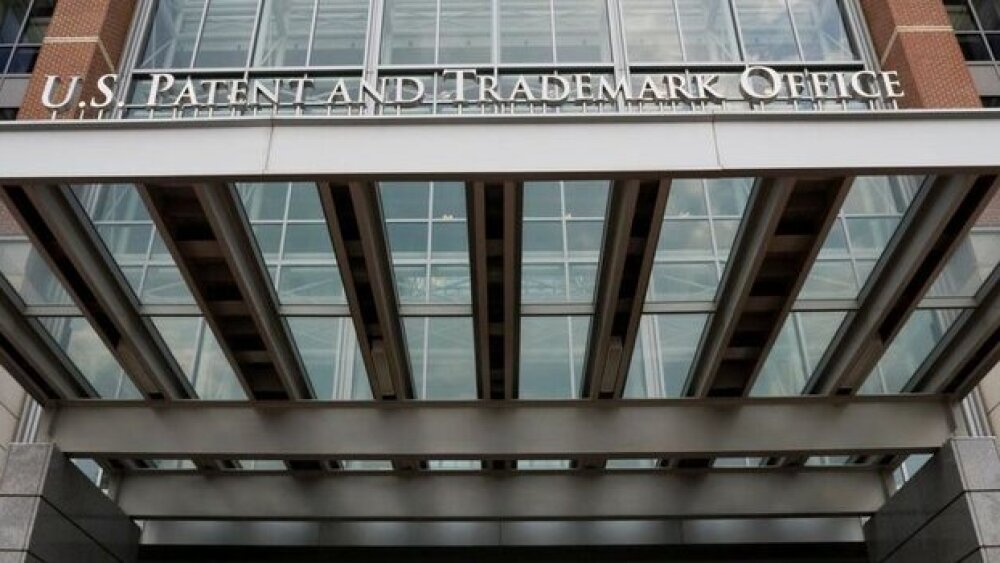The U.S. Patent and Trademark Office has sided with Daiichi over Seagen in a years-long patent saga concerning a key linker technology used in its blockbuster Enhertu antibody-drug conjugate for cancer.
Pictured: Facade of the U.S. Patent and Trademark Office/iStock, Wynnr
The U.S. Patent and Trademark Office has ruled in favor of Daiichi Sankyo in its years-long patent war with Seagen over key linker technology used in its blockbuster Enhertu (fam-trastuzumab deruxtecan-nxki) antibody-drug conjugate for cancer, the Japanese company announced on Wednesday.
In its final decision, the U.S. PTO invalidated all of the claims in Seagen’s patent 10,808,039, which covers the use of auristatin peptides connected to antibody-drug conjugates (ADCs) via a specific linker technology.
Naoto Tsukaguchi, Daiichi Sankyo’s general counsel, said in a statement that the company is “pleased” with the PTO’s decision to invalidate “all challenged claims of the ‘039 patent.”
The patent dispute between Daiichi Sankyo and Seagen goes back to 2008, when the two companies entered into an exclusive worldwide agreement to leverage the latter’s ADC platform to target solid tumors, Genetic Engineering & Biotechnology News reported at the time. The partnership ended in 2015.
In March 2019, Daiichi Sankyo won a potential $6.9 billion contract from AstraZeneca—$1.35 billion of which was paid upfront, while the remaining $5.5 billion would be paid in regulatory in sales milestones—over trastuzumab deruxtecan, which at the time was an investigational but promising ADC being trialed in HER2-expressing breast and gastric cancers.
In the following months, Seagen indicated to Daiichi Sankyo that it believed it was entitled to a portion of the $6.9 billion contract, arguing that the underlying technology enabling trastuzumab deruxtecan was formed during the companies’ partnership between 2008 and 2015.
Daiichi Sankyo filed a Declaratory Judgement in response, asserting that Seagen had no claim to the ADC and saying that it would “vigorously defend” its exclusive intellectual property.
In December 2020, Daiichi Sankyo filed a post-grant review with the PTO, challenging the claims of Seagen’s ‘039 patent. The PTO agreed to the request in April 2022 but walked back its decision a few months later, in July of the same year, following a complaint from Seagen.
In February 2023, the PTO ordered the original post-grant review panel to again revisit the issue and decide whether it should accept the appeal, based on “whether Daiichi Sankyo’s petition presented compelling evidence of unpatentability,” according to the company’s news release at the time. The PTO eventually decided to re-institute its review.
Seagen in 2020 also filed a civil action suit against Daiichi Sankyo over the same patent infringement issue. A jury in April 2022 ruled in favor of Seagen, putting Daiichi Sankyo on the line for $41.82 million in damages. In October 2023, the District Court for the Eastern District of Texas likewise handed Seagen a victory, requiring Daiichi Sankyo to hand over an 8% royalty on all Enhertu sales from April 1, 2022 through Nov. 4, 2024.
Daiichi Sankyo is currently appealing the decision.
Tristan Manalac is an independent science writer based in Metro Manila, Philippines. He can be reached at tristan@tristanmanalac.com or tristan.manalac@biospace.com.






